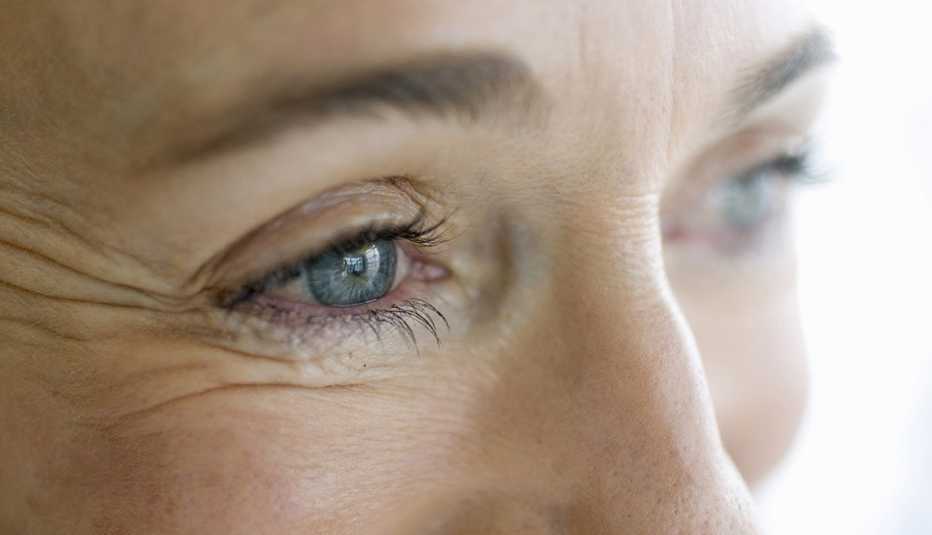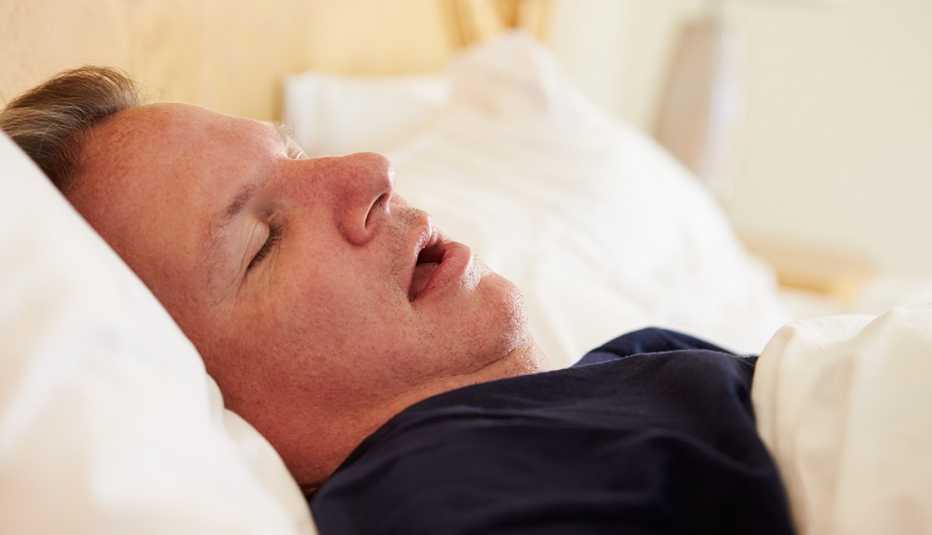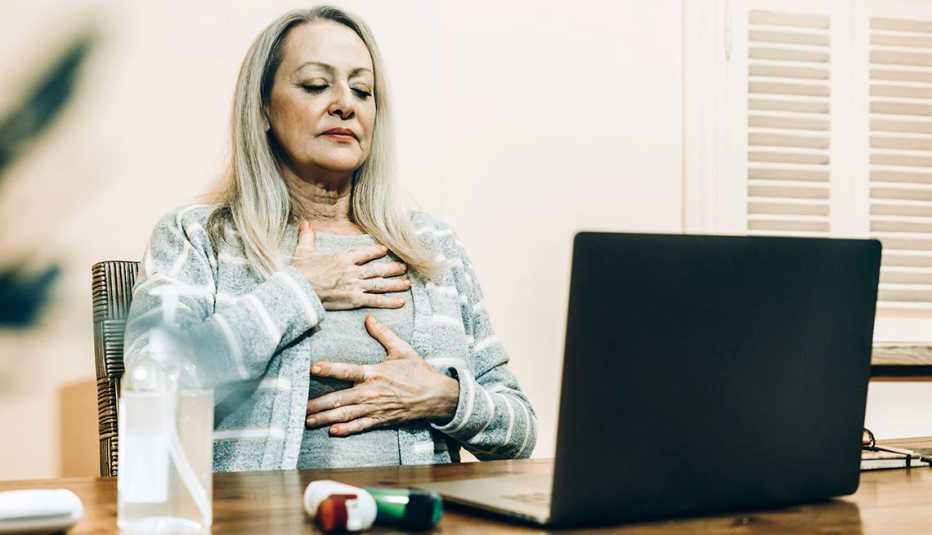Staying Fit
Between fad diets, trendy skin care regimens and an evolving landscape of illnesses and treatments, staying on top of the latest health news is no easy task.
That’s where AARP has you covered. We tapped the pros to take on 13 common health issues and dole out some sensible advice for each.


AARP Membership— $12 for your first year when you sign up for Automatic Renewal
Get instant access to members-only products and hundreds of discounts, a free second membership, and a subscription to AARP the Magazine.
1. No more meat???
I know someone who can’t eat beef, pork or lamb because of a tick bite. Could it happen to me?
Potentially. There is a carbohydrate called alpha-gal in the saliva of lone star ticks (common in the East and South) that is also present in the meat of mammals. A bite from that type of tick can trigger our immune systems to develop allergic reactions to beef, pork, lamb gelatin, even dairy products. Alpha-gal syndrome is one of many tick-related health conditions; Lyme disease is the best known. Ticks are prevalent across the U.S. If bitten, use tweezers to gently lift the tick out of your skin (don’t twist or use oil or fire). If concerned, place the tick in a plastic bag and send it to a tick testing center to see if it was carrying dangerous bacteria.
—Sunjya Schweig, M.D., director, California Center for Functional Medicine, Oakland
2. Honey, where are my ...
... keys, hat, glasses, mask? I’m constantly searching for my everyday things and want to stop.
Try to establish a single spot where you always keep everyday stuff, such as a bowl on an entryway table. So every time you come in, your wallet, keys, mask, glasses, all that kind of stuff, just goes right there in the bowl. Another step: Clear out clutter around the most heavily trafficked parts of your house; it’s easy to spot things on clean counters. Also stick with one purse, bag or wallet for everyday use. Finally, don’t stress over occasional bouts of forgetfulness; it’s very common. But if it’s causing you trouble in a serious way, get checked out by your doctor.
—Thomas Laudate, clinical neuropsychologist, Tufts Medical Center, Boston
3. Is it long COVID?
My spouse is convinced she has it. How can we know?
If she had COVID-19 and symptoms have persisted for more than four weeks, that’s probably long COVID. There is no diagnostic test to identify this; it’s based on symptoms and, of course, a history of recent infection. Studies show that as many as 30 percent of severe COVID infection patients develop it. Among those with mild COVID, the rate is about 13 percent. The most common symptoms include fatigue, shortness of breath, chest pain, cough, taste or smell issues or brain fog, all of which can last three months or longer. Some people experience headaches, joint pains, dizziness, sleep disorders, increased depression and anxiety. There is no definite drug therapy, and we are still investigating treatments. If you think your spouse may have it, have her see her primary care physician. There are centers that specialize in long COVID they can refer her to. But rest, pacing her activities and eating healthfully can help her recover more quickly.
—William Lago, M.D., medical director, COVID reCOVer Clinic of the Cleveland Clinic
4. Sneezing & wheezing
With each October and April, my symptoms get more intense. Is it just me, or are seasonal allergies getting worse?
It’s not just you. Rising CO2 levels and higher temperatures are causing plants to produce pollen for longer periods of the year. As a result, pollen counts are as much as 40 percent higher than they were in previous decades. I tell my patients they need to be more proactive. Check Pollen.com to see if the pollen count is high before heading out. On those days, close the windows and let the AC do the work for you. High-efficiency particulate air (HEPA) filters can reduce airborne allergens. Shower and change your clothes after time outdoors. Saline sinus rinses, nasal sprays and antihistamines can help. If you can’t manage symptoms on your own, talk to your doctor about allergy shots, which can build up your tolerance to allergens like ragweed and dust mites. —Julie Wendt, M.D., allergist, Relieve Allergy, Asthma & Hives, Scottsdale, Arizona







































































